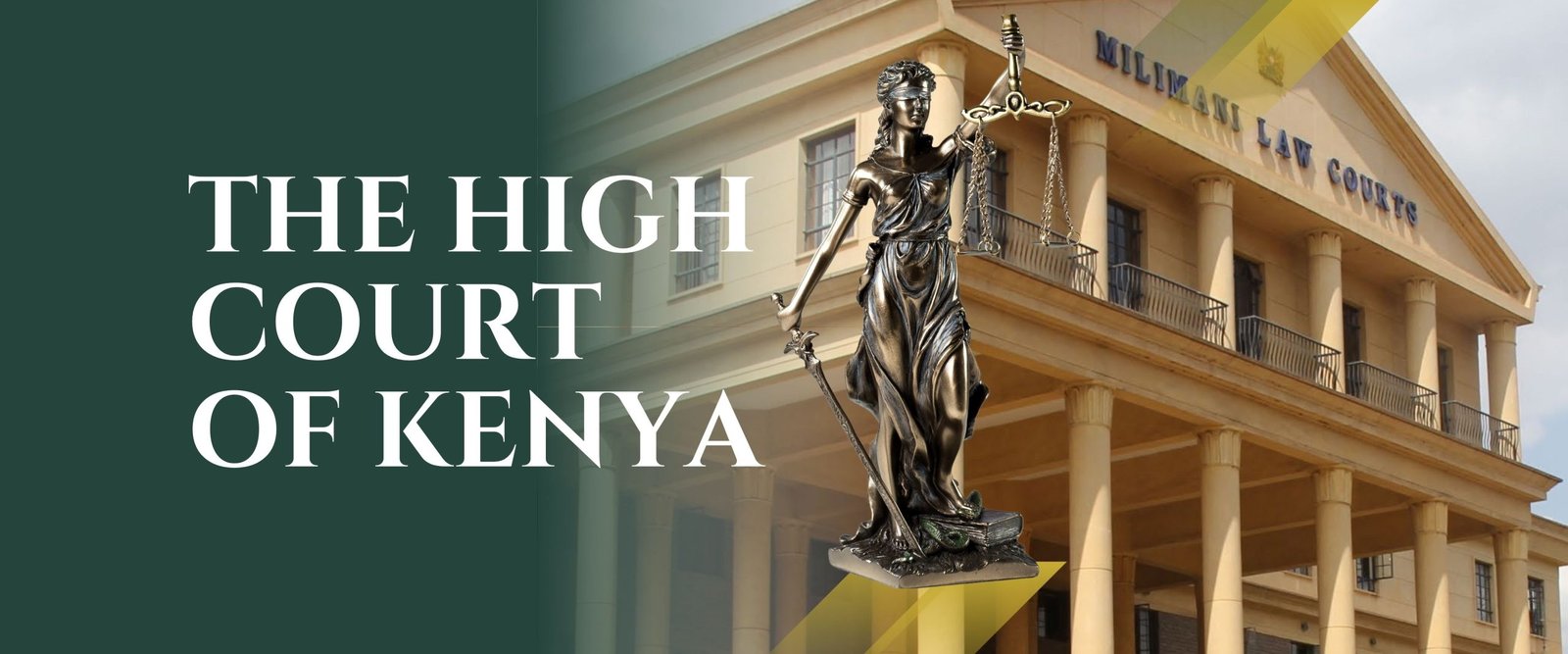High Court ruling deals blow to homeowners resisting development plans in upscale neighborhood
Residents of the affluent Kyuna estate in Nairobi have suffered a significant setback after the High Court dismissed their petition opposing the construction of a private school in their neighborhood. The ruling, delivered in Nairobi, has cleared the way for the controversial education project, despite vocal opposition from homeowners concerned about congestion, noise, and the alteration of the estate’s residential character.
Court Upholds Development Rights
In its decision, the High Court ruled that the developer had complied with all legal requirements, including obtaining necessary approvals from the Nairobi City County government and the National Environment Management Authority (NEMA). The judge stated that the court could not interfere with a legally sanctioned project simply based on objections rooted in personal or community preference.
“The right to property must be balanced with the right to development and access to education,” the court observed, noting that the petitioners had failed to demonstrate any breach of the law or procedural irregularity.
Residents Raise Quality-of-Life Concerns
Residents of Kyuna, one of Nairobi’s most exclusive neighborhoods, had filed the petition earlier this year, arguing that the school would bring increased traffic, noise pollution, and security risks. Many feared that the development would undermine the tranquility and property values of the area, which has long been zoned primarily for low-density residential use.
“Our concern has never been about opposing education,” said one of the residents involved in the case. “It’s about preserving the character and livability of our neighborhood. A large school in this setting will create gridlock and disrupt our way of life.”
Balancing Urban Growth and Community Interests
The case highlights growing tensions in Nairobi between private development and community resistance, particularly in high-end suburbs that are increasingly targeted for commercial projects. As the city continues to grow and densify, pressure is mounting on traditionally residential areas to accommodate schools, churches, and businesses.
Urban planners and legal experts say the Kyuna case could set a precedent for similar disputes across the city. “We are seeing more of these clashes as Nairobi grapples with limited land, rising demand for services, and evolving zoning regulations,” said Dr. Paul Otieno, an urban development analyst. “The courts are increasingly leaning toward lawful development, provided proper procedures are followed.”
What’s Next?
Despite the court’s ruling, Kyuna residents may still explore other legal avenues, such as appealing the decision or lobbying for zoning changes through county government processes. However, for now, the path appears clear for the school’s construction to proceed.
The developer, whose identity has not been publicly disclosed, welcomed the ruling and affirmed their commitment to responsible development. In a brief statement, representatives said the school will include measures to manage traffic flow and minimize disruption to neighbors.
A Sign of Changing Times
The High Court’s decision marks a turning point in the ongoing struggle between Nairobi’s elite neighborhoods and the city’s development needs. While many residents may view the outcome as a loss, others see it as a reflection of Nairobi’s transformation into a more diverse and multifunctional urban space.
As Kenya’s capital city continues to evolve, the balance between preserving neighborhood identities and enabling growth will remain a key challenge — and one likely to keep playing out in courtrooms and community meetings across Nairobi.




